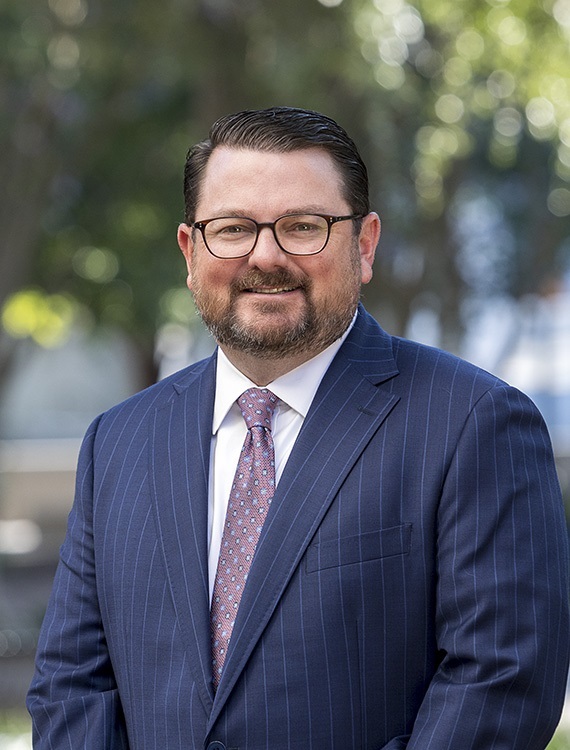Consumer Protection Bill Includes Insurance Reforms

The Florida Legislature adopted HB 1185 during the 2023 legislative session. The bill has been presented to Governor Ron DeSantis for approval or veto. The bill’s consumer protection provisions are not limited to the insurance industry. However, several relate directly to insurers or insurance-related organizations. The following are among the key insurance-related changes in the bill:
Adjusting Firm Names— The bill extends existing limitations on insurance agency names to the names of adjusting firms. The Department of Financial Services will be authorized to reject the name of an adjusting firm if it finds the name to be misleading or to imply that the organization is an insurer, governmental agency, charity or other type of non-insurance organization.
Scope of Public Adjuster Requirements— The bill would extend public adjuster regulations to a person performing services typically associated with public adjusters, without regard to how the person describes or presents his or her services. The bill also would prevent a public adjuster from collecting a fee for services without a written contract with the insured. Additionally, the bill would regulate the ability of public adjusters to contract with third parties to provide services on behalf of an insured. An insured also will be able to cancel a public adjuster’s contract if the public adjuster does not provide an estimate within 60 days after executing the contract.
The bill further would extend the time period in which an insured may cancel a public adjuster contract in the case of declared emergencies. In those situations, insureds will be able to cancel a public adjuster’s contract within 30 days after the date of loss or ten days after the contract is executed, whichever is longer. HB 1185 also limits the amount of compensation public adjusters can receive on certain claims for which the policyholder receives policy limits, and precludes compensation for amounts paid before the public adjuster’s contract is executed.
Adjusting Firm Licenses— HB 1185 requires independent adjusters and public adjusters to post their licenses in a conspicuous place in the principal place of business of the license holder. If the licensee is conducting business away from that place of business such that the license cannot be posted, the licensee must have the license in his or her possession at the time of carrying on business. The bill also specifies types of records that an adjuster must maintain.
Proof of Loss Fraud Statements— The bill newly requires the fraud statement on proofs of loss to be displayed in at least 18-point type before the space reserved for the signature of the insured.
Unfair Trade Practices— The bills defines as an unfair insurance trade practice the failure to disclose a third party that receives royalties, referral fees or other remuneration for sponsoring, marketing or use of third-party branding for a policy of health insurance.
Duration of a Hurricane— HB 1185 adjusts the definition of a hurricane found at Section 627.4025, Florida Statutes. By statute, a hurricane will begin when a hurricane warning is first issued for any part of Florida as contrasted with current law, in which a hurricane is deemed to begin when a watch or warning is issued for any part of the state. The revised statute also eliminates the phrase “continuing for the time period during which the hurricane conditions exist anywhere in Florida.” This phrase arguably is unnecessary given that the statute specifies the beginning and end of a hurricane.
Reduction in Underwriting Period to 60 Days— HB 1185 reduces the so-called underwriting period at the beginning of a property and casualty insurance policy term from 90 days to 60 days.
Annuity Suitability Law— The bill makes significant changes to Section 627.4554 related to suitability in annuity transactions. In general, the revisions are intended to ensure agents act in the best interests of consumers when making recommendations about annuity transactions. Statutory revisions define standards by which agents will be deemed to have acted in the best interests of consumers. The revisions also include rulemaking authority for adoption of the NAIC Suitability in Annuity Transactions Model Regulation Appendix A – Insurance Agent (Producer) Disclosure for Annuities, Appendix B – Consumer Refusal to Provide Information, and Appendix C – Consumer Decision to Purchase an Annuity Not Based on a Recommendation.












